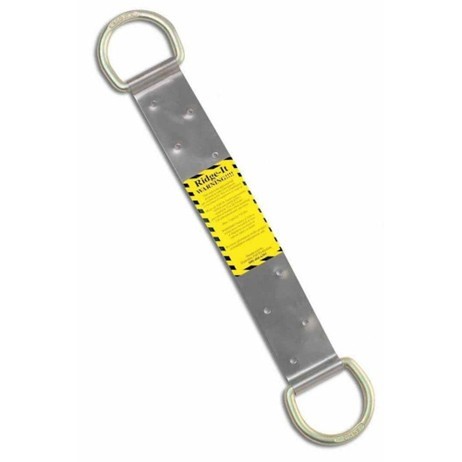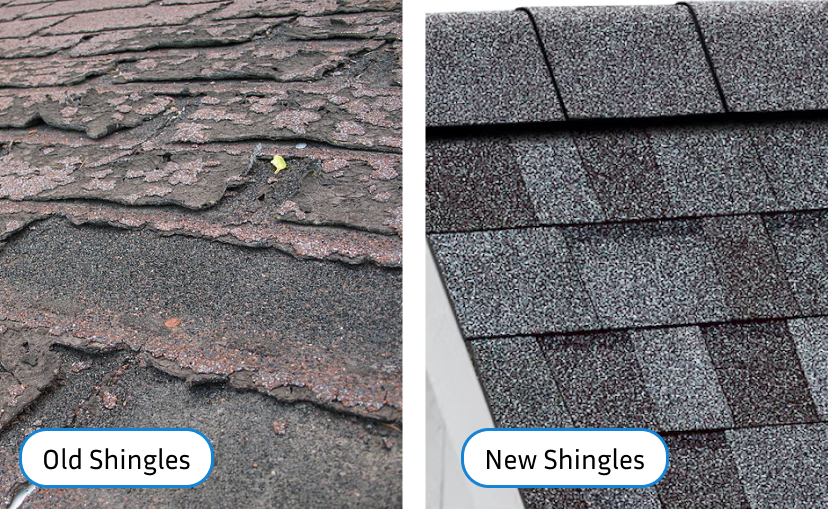When it comes to home improvement, few projects carry as much weight — or cost — as roofing and siding. These aren’t just aesthetic upgrades; they’re critical to your home’s protection, energy efficiency, and long-term value. So before you hire a contractor and commit your time and money, it’s essential to ask the right questions.
The truth is, not all contractors are created equal. Some may offer a great price upfront, only to deliver subpar workmanship, leave behind a mess, or disappear when warranty issues arise. Others may lack the proper credentials or experience to handle the complexities of your home’s exterior.
As awkward as it might feel to dig into things like licensing, insurance, or business history, these conversations are vital. To protect yourself and make sure your project is in good hands, here are seven key questions every homeowner should ask before signing an agreement.
1. How long have you been in business?
Experience is a powerful indicator of reliability. According to the U.S. Bureau of Labor Statistics, 46% of construction businesses fail within their first five years. That means nearly half of today’s contractors might not be around long enough to honor warranties or fix issues if something goes wrong down the line.
Hiring a contractor with at least five years of consistent operation shows they’ve weathered the ups and downs of the industry and likely have a strong reputation in the community. It also increases the chances that their business practices are solid — from customer service to installation techniques to honoring commitments.
Don’t just take their word for it. Check their online reviews, and confirm how long they’ve been licensed and operating under the same business name with your state’s Department of Labor and Industries.
Red flag to watch for: Contractors who have changed business names frequently may be trying to escape a poor reputation.
2. Are you certified by the manufacturer?
This question is especially important when it comes to roofing. Leading manufacturers like Owens Corning, GAF, and CertainTeed offer contractor certification programs that require a high level of training and accountability.
Why does this matter?
Because sometimes only certified contractors can offer manufacturer-backed warranties, and those warranties often hinge on the correct installation of materials. If your roof or siding isn’t installed to spec, your warranty could be void — and you’ll be stuck paying out of pocket if problems arise.
Manufacturer certification also ensures the contractor is up to date with best practices and the latest product technologies. It’s an added layer of trust and protection for you as the homeowner.
Pro tip: Ask to see their certification or look up the contractor on the manufacturer’s website — most keep a searchable list of certified professionals.
3. What is your cleanup procedure?
Even the best roofing or siding job loses its shine if your yard is left looking like a construction site. From nails scattered in the grass to siding scraps in your garden beds, poor cleanup practices can create safety hazards and lower your property’s curb appeal.
A professional contractor should have a clear, step-by-step cleanup process, including:
- Use of magnetic rollers to pick up nails
- Protection for landscaping and driveways
- Daily cleanup during multi-day jobs
- Debris removal and dumpster arrangements
Ask how they plan to handle cleanup and whether it’s included in the quote. It’s a small detail that makes a big difference in your overall experience.
4. What is the payment schedule?
Before any work begins, you should have a written contract that clearly outlines your payment schedule. Some homeowners get burned by contractors who demand large upfront payments or surprise them with unexpected costs mid-project.
To avoid financial surprises, ask:
- How much is due at signing?
- Are there milestone payments throughout the job?
- What is due upon completion?
- Are there financing options or deposit protections?
You should never pay in full before the work is complete and reputable contractors don’t ask for that. A fair structure often involves a deposit, a payment during the project (especially for large jobs), and the final balance due upon completion and approval of the work.
Watch out for: Contractors who require more than 50% upfront or can’t give you a straight answer about payments.
5. Will I have a dedicated team working on my project?
One of the biggest frustrations homeowners face is inconsistent crews — different people showing up each day, no clear point of contact, and communication gaps that lead to mistakes.
Ask if you’ll have a dedicated team assigned to your project from start to finish. Ideally, you should also have a project manager or site supervisor who you can contact with any questions or concerns.
A dedicated crew means better communication, greater accountability, and higher quality workmanship. It also signals that the company is organized and values consistency — something that becomes even more important if issues arise during the project.
Be cautious of: Contractors who use a revolving door of subcontractors without oversight or structure.
6. How do you vet your workers?
Whether a contractor uses in-house employees or independent subcontractors, you need to know who is actually working on your home — and how they were selected.
A trustworthy contractor will:
- Vet their workers carefully
- Require proper licensing and insurance
- Provide safety training and installation education
- Conduct background checks and drug testing
It’s not uncommon for contractors to outsource labor, especially during busy seasons. But quality, safety, and accountability should never be sacrificed.
Ask how they train their crews, whether workers are bonded and insured, and how they ensure consistency across projects.
Red flag: If a contractor can’t tell you who will be on your property, or how their team is qualified, that’s a risk you shouldn’t take.
7. What would the timeline be for this project?
Getting your roof or siding done quickly sounds great — but a timeline that’s too fast can be a red flag.
An experienced contractor will give you a realistic estimate based on:
- Scope of the project
- Weather conditions
- Crew availability
- Material delivery timelines
If a contractor promises to start immediately and finish in record time, ask yourself why. Are they not busy? Are they cutting corners? Do they understand the full scope of your job?
On the flip side, if a contractor is booked several weeks out, don’t be discouraged — that usually means they’re in high demand for good reason. It’s better to wait for quality than rush into a bad experience.
Make sure to ask:
- When can you start?
- How long will it take?
- What could delay the project?
- How do you handle weather delays or unexpected issues?
Trust, Transparency, and Communication Matter
The goal of these questions isn’t to interrogate your contractor — it’s to make sure you’re working with a professional, trustworthy team that values your home as much as you do.
Reputable contractors welcome these conversations. They’ll appreciate that you’re an informed homeowner who wants to make a smart decision. If a contractor becomes defensive, dismissive, or makes you feel uncomfortable for simply asking, consider that a red flag. Clear, respectful communication is a sign of a reliable pro.
So take your time, compare quotes, do your research, and trust your instincts. If something feels off or you’re not getting clear answers, keep looking.
Your home deserves the best — and so do you.
Need help with your roofing or siding project?
Make sure you’re asking the right questions before you commit. If you’re looking for a reliable, certified contractor with years of experience and a reputation for quality, reach out to us today for a free consultation.
Subscribe to Pacific Exteriors LLC's Blog






Comments